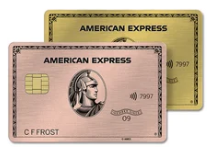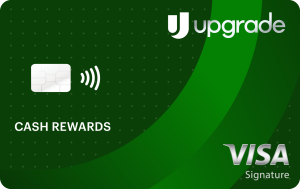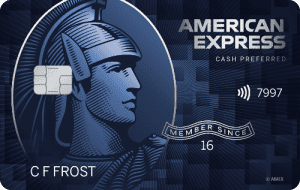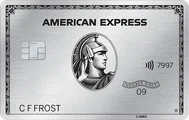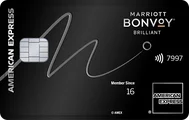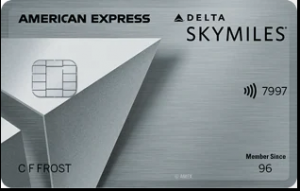Table Of Content
Key Takeaways
- Debit cards are linked to the checking account. So once you pay with a debit card, the amount is deducted from your checking account.
- It is much easier to get a debit card than a credit card. This is because there is no borrowing involved and therefore bank does not have to take any risks.
- Debit cards offer the convenience of paying your expenses with a card, without using cash. It can be also a valuable tool for budgeting.
For many years, people have used cash to purchase things. But now, several options are available to an ordinary consumer to complete his payment. One of them goes by the street term ‘plastic’ – which refers to a card that people use most of the time for their transactions.
The financial world offers various types of cards to consumers: debit cards, ATM cards, and credit cards. You should be able to choose the correct card for your financial needs if you understand the differences between them.
What Is A Debit Card?
A debit card is a bank card linked to your checking account. You can use it practically anywhere – in all stores and establishments that accept credit cards.
You can use it to pay for your transactions using your money in the bank onsite at different merchants throughout town. You can also use your debit card to access your account through an ATM. The bank will take the money directly out of your checking account when you use it.
Usually, one of the major credit card companies powers these debit cards. This is why they typically have a Mastercard or a Visa logo on their face in addition to your bank’s name and logo. In addition, the bank will give you a PIN so you can use it at a store or ATM.
How Does A Debit Card Work?
Whenever you swipe or tap your debit card, the merchant technically places a hold on your bank account for the amount of your transaction. As a result, your bank can provide you with information on pending transactions on your account. These pending transactions are the holds put in effect by the merchants.
The merchants will complete the transaction by submitting the details, and then the bank takes the money from your account and transfers it to the merchant. These details will show up in your cleared transactions.
Some merchants may take longer to complete the process, and you will have a transaction listed as pending for a few days.
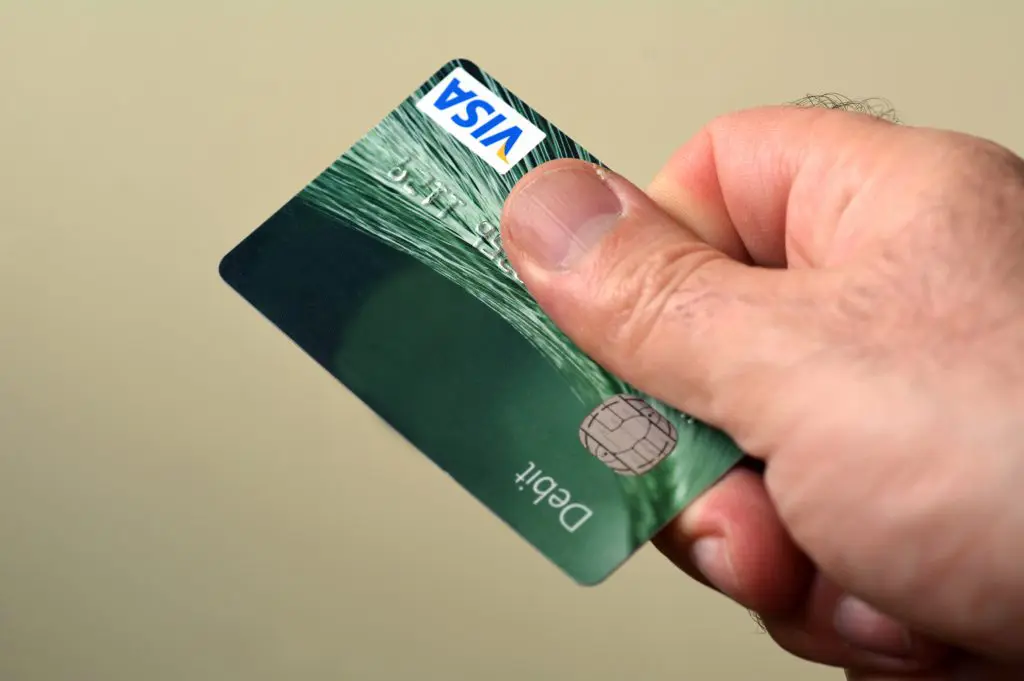
Can You Book A Hotel Or Car Rental With A Debit Card?
If you use your debit card in a hotel or a car rental, do not be surprised if you notice a more significant hold than your transaction amount. This is standard practice by the merchant as their security in case you accrue additional costs later.
Sounds simple enough. But you should keep this in mind because you can run into a situation where a merchant may decline your card because of the outstanding hold. A good piece of advice? Carry extra cash if you use your debit card for a hotel or car rental.
How Old Do You Have To Get A Debit Card?
A child can often receive a teen debit card at 13 years old when a parent or legal guardian establishes a teen checking joint account on their behalf. Up until the age of 18, teen checking accounts are normally available.
Top Offers
Using Debit Card: Pros And Cons
Take a look: these are the advantages and limitations of paying with a debit card instead of using cash, check, or a credit card:
Pros | Cons |
|---|---|
More Convenient | No Rewards |
Faster | Difficult to Settle Disputed Charges |
Easier To Get Than Credit Cards | No Grace Period |
Helps you Stick to Your Budget | Won’t Improve Your Credit Score |
Lower Level of Fraud Protection |
- More Convenient
Your card is all you need. You don’t have to carry so much cash, or your checkbook and pen (and go through the motion of writing, signing, and recording), or remember to make a credit card payment after a month.
- Faster
Merchants can process a debit card transaction quicker and with less scrutiny than checks or credit cards.
You pay the exact amount each time so you lose no time in making a change. Plus, swiping the card is many times faster than writing out a check.
- Easier To Get Than Credit Cards
Many banks will give you the option to link your checking or savings account to a debit card just by checking some boxes on a form.
There’s no need to go through the tedious process of filling out a lengthy application and waiting for the bank’s approval process to finish.
- Helps you Stick to Your Budget
When you use a debit card, it forces you to spend only up to the amount of money in the associated account.
This will prevent you from racking up debt or having to pay interest and those irritating late fees from a credit card company.
- No Rewards
Practically all credit cards come with a rewards program in one form or another. Some offer travel reward points or airline miles when you make large purchases through your card. There are many kinds of rewards and incentives out there as there are many types of credit cards.
In fact, we have devoted an entire episode just for it. Sadly, these programs have not yet infiltrated the arena of debit cards.
- Difficult to Settle Disputed Charges
When you make a purchase, the money is spent out of your account at the moment of purchase.
Being so, you have more risk with a debit card than with a credit card if the item is defective, misrepresented, or never reaches your address.
- No Grace Period
For a debit card transaction, the bank gets the funds directly from your checking account. On the other hand, a credit card allows you to borrow funds on credit and leaves your money in your bank account intact for the moment.
Therefore, a debit card holder ‘pays’ for his transactions immediately and does not enjoy the benefit of paying at a later date.
- Won’t Improve Your Credit Score
A good credit score is one of the best financial goals you could ever set for your future. Paying bills, such as credit card billings, on or before their due date is the most effective way to increase your rating or maintain a high score.
Unfortunately, your debit card transactions do not affect this at all.
- Lower Level of Fraud Protection
Supposing a thief steals your card and manages to get your Personal Identification Number, you could lose all the money in your bank account. Fraud can happen anywhere and credit cards are likewise prone to it.
However, banks have more safety controls in place for credit cards to prevent fraud than with debit cards.
Top Offers
Top Offers
Top Offers From Our Partners
How Do I Know Where I Used My Debit Card?
As soon as you activate your debit card, your bank or credit union will be sending you a monthly statement of account. It will show the following:
- Where you used your debit card and how much you spent
- Which ATM you used, how much you withdrew, and what fees you paid
- Who you wrote a check to and for how much
This statement is useful in tracking your spending and creating a budget.
Fees Associated with a Debit Card
You may be liable to pay ATM fees when you use your debit card at an ATM to get cash. Your bank may have standard fees associated with your debit card, so you should read the rules about using the debit card.
For example, you might have to pay a monthly service fee for having a debit card. Some banks may set a monthly limit for ‘free’ transactions where you won’t pay a service fee.
As debit cards increase in popularity among consumers, fees, and restrictions are becoming less common. Should your card have exorbitant fees or a very low transaction limit each month, you can easily switch to a different account type or, if necessary, to a different bank.
What Makes A Debit Card Different From A Credit Card?
Debit cards primarily let you pay for goods in shops and withdraw money from your account through cash machines.
The bank takes the money automatically from your current account when you spend it so you must have enough money in your account or an overdraft arrangement with your bank to cover the transaction.
On the other hand, your bank will not link your credit card directly to your current account but merely extends a credit facility to you. With your pre-arranged limit, you can purchase things immediately and pay for them at a later date. They add the cost of your purchases to your credit card account and give you a statement every month.
You will then have the option to pay your bill in full within a deadline and not pay any interest. You may also just pay a minimum amount and spread the remaining balance over a period of time.
Of course, the bank will charge you interest if you do this so the quicker you pay off your balance, the less interest you’ll be paying.
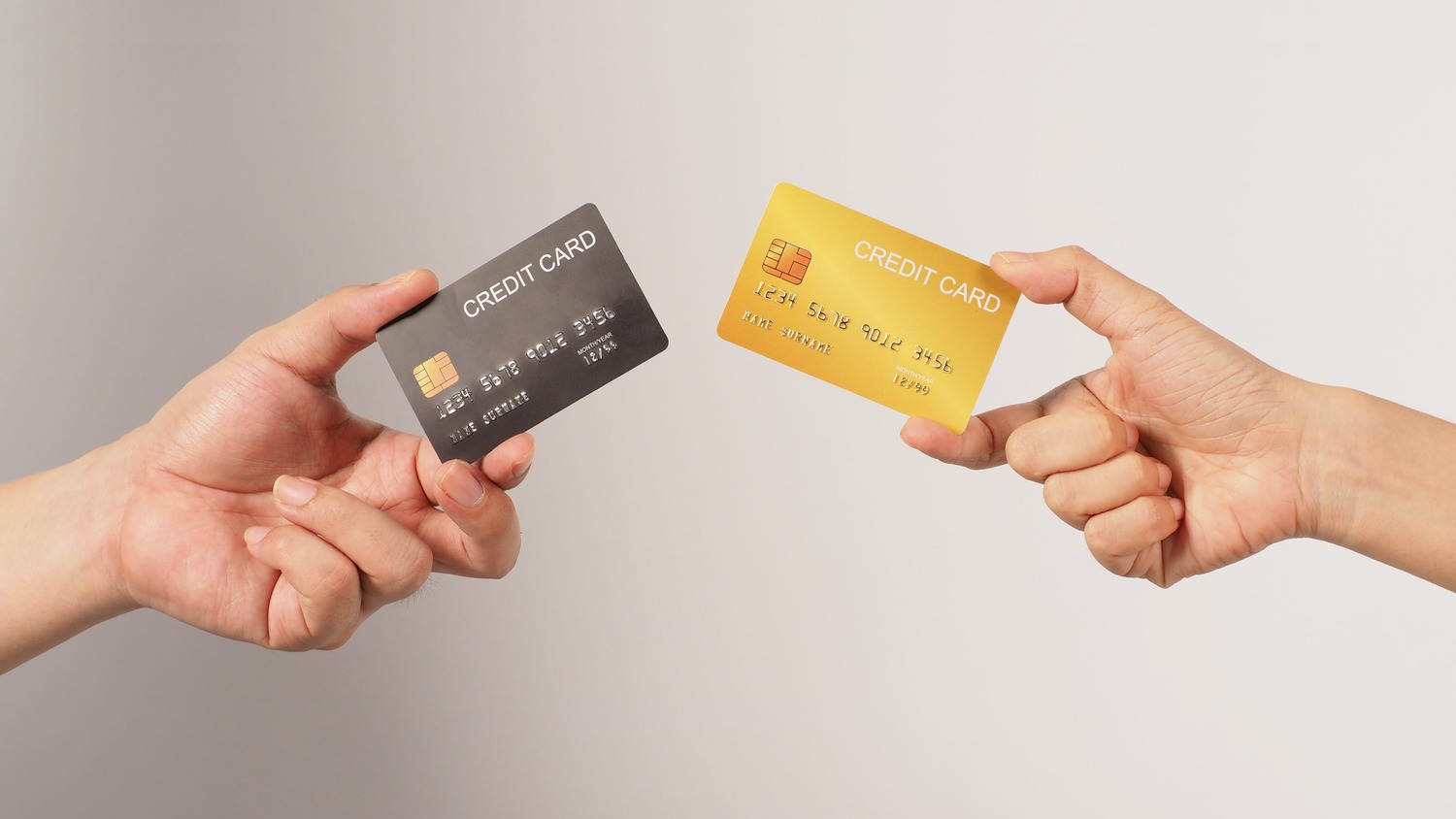
Prepaid Cards vs. Debit Cards: How They Compare?
At first glance, the two might appear the same, but prepaid and debit cards have a few differences. A debit card has a corresponding checking account it is linked to. A prepaid card has no bank account associated to. Instead, you have to pre-load it with an amount you intend to use or spend.
Obviously, with a prepaid card, you won’t be able to spend more than the amount you have loaded into the card. With a checking account, it is possible to have some overspending.
If your debit card includes overdraft protection, it’s possible to overspend without realizing it. In many cases, if your purchase or ATM withdrawal exceeds your account balance, the bank will charge you an overdraft fee. You’ll also be required to repay the overdraft at some point.
Currently, prepaid cards do not enjoy all the consumer protections debit cards enjoy. Debit cards have some form of protection against lost cards, stolen cards, or unauthorized charges.
However, the Consumer Financial Protection Bureau (CFPB) has issued a directive that requires all prepaid card issuers to offer these protections.
What is A Debit Card PIN and Why Is It Important?
A debit card PIN is a security feature to prevent unauthorized use of your debit card.
The letter P.I.N. stand for a personal identification number. This is but one of the ways the bank tries to stop dishonest people from using your debit card and wiping out all your money in your account.
A debit card PIN is personal, so never share it with anyone. And please, remember it, do not forget it. Do not write your Pin on your card or keep it in your wallet. Do not use easy-to-crack numbers such as your birthday or easy combinations such as 1111.
What Is Debit Card Fraud?
Taking care of your debit card means making sure that you do not lose it or let anybody steal the card or the information on it.
If your card is physically stolen or lost, you should call the bank immediately and ask them to cancel the card. Criminals might steal your card information and use it to buy things online on your account.
In some cases, your bank may have sent you a new debit card because there was a data breach somewhere and the card fell into the wrong hands. If you discover unauthorized transactions on your statement, report it to the bank immediately so they can trace exactly what happened.
How to Protect Your Debit Card
Here are some ways you can protect your debit card and your account:
- Keep your debit card number and PIN private and confidential
- Avoid using your debit card to buy things online
- If you lose your debit card, report it to your bank or credit union immediately. Ask them to cancel the lost card and send a replacement card to you.
- Ask your bank to send you account alerts by email or SMS. This way, you will know if somebody is taking money out of your bank account.
What Happens If I Don't Have Money To Cover Purchase?
Let’s say you don’t have enough money in your checking account – how will this affect your debit card? It’s a no-brainer: merchants will decline your card! You will not be able to purchase anything with it.
You can sign up with some banks and credit unions for ‘’overdraft protection” when they have it. This facility will let you use your debit card to buy items even when you do not have enough money in your account.
The catch is, you will have to pay a fee to the bank. Some banks might even charge this fee for every transaction until you deposit enough money in your account to cover the things you are buying.
Getting a Debit Card - FAQs
Does it cost money to get a debit card?
Debit cards are often a free perk associated with bank accounts. Many banks offer a debit card as an easy way to access your funds without fees and charges. However, some banks do impose maintenance fees on accounts, so it is important to check the terms and conditions of your account before you sign up.
Is an ATM card a debit card?
While debit cards allow you to withdraw your funds or access your account maintenance at the ATM, not all ATM cards are debit cards. If you have a very basic account, your ATM card may simply allow you to take cash out at the ATM, but you won’t be able to make purchases online or swipe for purchases.
The easiest way to tell if you have a basic ATM card or a debit card is to look at the card itself. Debit cards typically have a Visa or Mastercard logo because they rely on these networks for transactions. If your card only has your bank's logo and no Visa or Mastercard logo, it’s likely a basic ATM card.
What should you not do with a debit card?
While debit cards can be a convenient way to pay for purchases there are some occasions when it is not the best payment method. Debit cards don’t have the same protections as credit cards, so if you are buying a big ticket item or something that will be delivered later, it may be better to use your credit card.
Additionally, some experts recommend not using a debit card online. This is because your debit card links directly to your bank account. So, if the site is not secure and your card is hacked, you could be vulnerable to fraud and your whole account balance may be at risk.
Can the bank track who used my debit card?
While your bank can track when and where your debit card was used, it may not be able to trace who used the card. In many cases, contactless payment means that you don’t even need to enter a pin number, making it even more difficult to track who used the card.
Is a debit card safe online?
Many users don’t recommend using a debit card online since it is linked directly to your bank account. This means that if a website is not secure, your entire account balance may be vulnerable. However, debit card providers do offer fraud protection. So, if there are fraudulent transactions you will be able to claim the funds back. Unfortunately, while the account is empty and you’re waiting for the refunds, you could have several bounced payments for your regular monthly bills. This could impact your credit report and cause you to incur fees from your providers.

